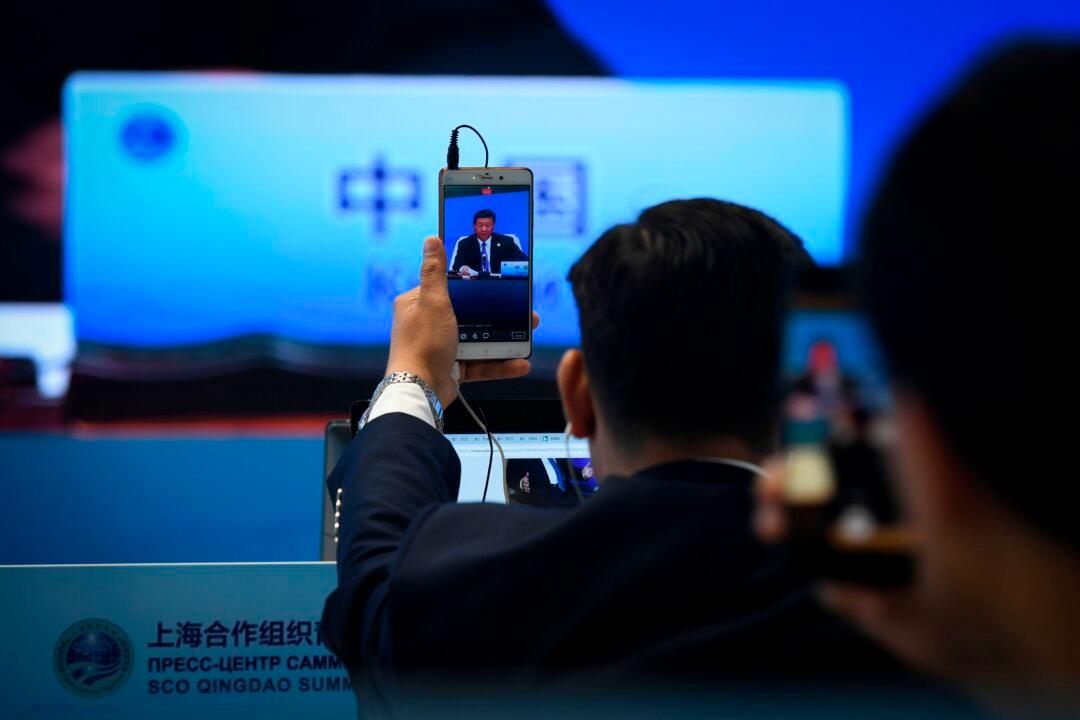TAIPEI, Taiwan—The Chinese regime is pushing its own model of media control and propaganda around the world, with a particular focus on influencing U.S. political and business elite, according to a new report by Reporters Without Borders (RSF).
The report (pdf), released on March 25 and titled “China’s Pursuit of A New World Media Order,” details the communist regime’s different tactics to export the “Chinese media model,” a system in which “journalists are nothing more than state propaganda auxiliaries.”





